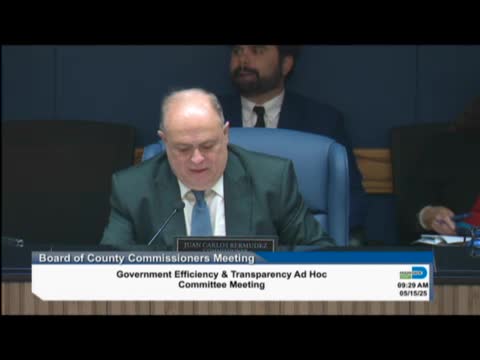Article not found
This article is no longer available. But don't worry—we've gathered other articles that discuss the same topic.
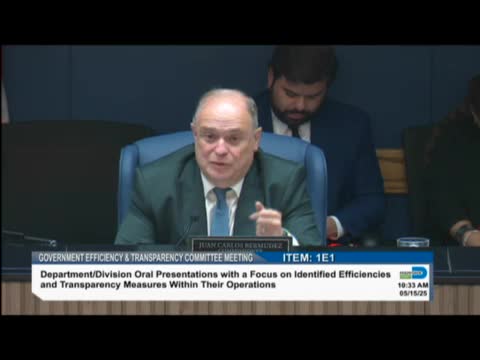
OMB outlines budget, grants and bond activities; highlights $695M in debt savings since 2020
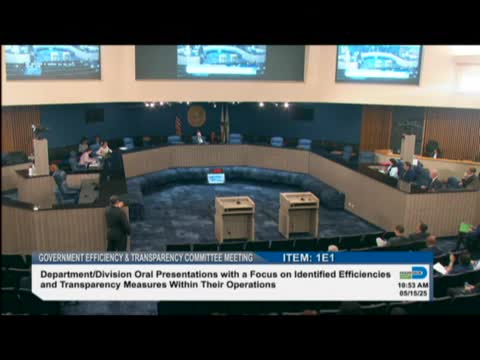
Audit shows wide range of ITD ticket lifecycles; commissioners press for clearer service-levels and billing
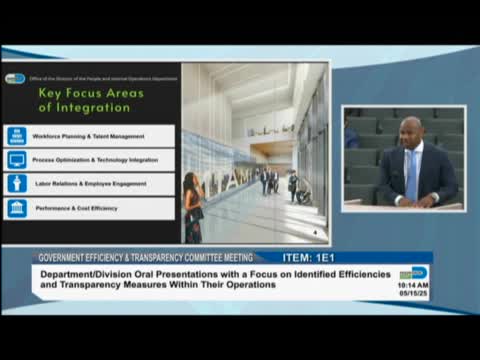
Office of Real Estate and Development outlines portfolio management, conveyance review and appraisal process changes
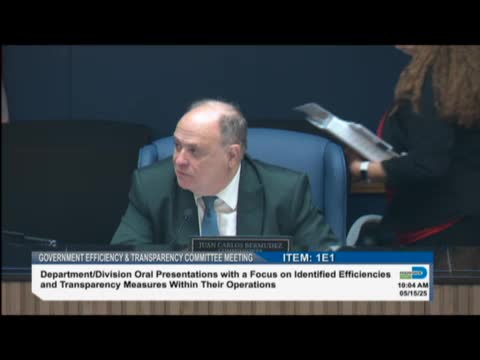
New People and Internal Operations department outlines integration goals, time-to-fill target of 60 days
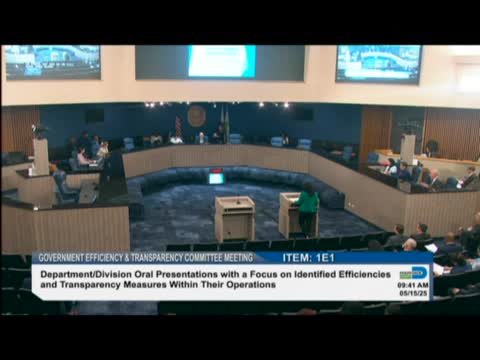
Internal Compliance outlines $24M annual collections, P-card compliance, and AI pilots

Engage Miami urges committee to adopt a digital interactive budget tool
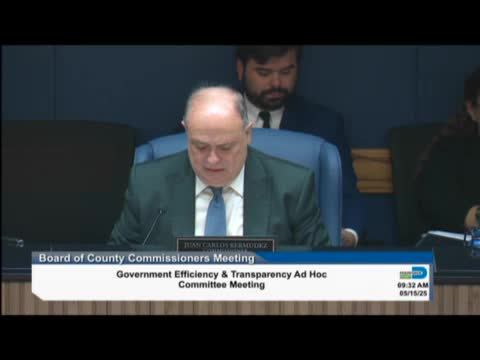
Committee approves adding dozens of vendors to procurement pools; staff says process is open and criteria-based
